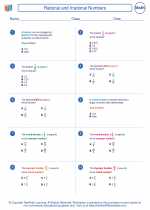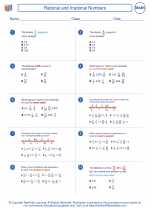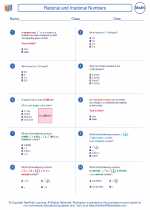Factorials
A factorial is a mathematical operation that takes a non-negative integer and multiplies it by all positive integers less than itself. Factorials are denoted by the symbol "!"
The factorial of a non-negative integer n is denoted by n! and is defined as:
n! = n * (n-1) * (n-2) * ... * 3 * 2 * 1
For example, 5! (read as "5 factorial") is calculated as:
5! = 5 * 4 * 3 * 2 * 1 = 120
Properties of Factorials
- n! = n * (n-1)! for all positive integers n
- 0! = 1
- 1! = 1
- n! = n * (n-1) * (n-2) * ... * 3 * 2 * 1
Calculating Factorials
Factorials can be calculated using a simple iterative process or using recursive functions.
Iterative Approach
To calculate the factorial of a number using an iterative approach, you can use a loop to multiply the numbers from 1 to n together.
```html
function factorial(n) {
let result = 1;
for (let i = 1; i <= n; i++) {
result *= i;
}
return result;
}
```Recursive Approach
A factorial can also be calculated using a recursive function, where the factorial of n is expressed in terms of the factorial of (n-1).
```html
function factorial(n) {
if (n === 0) {
return 1;
} else {
return n * factorial(n - 1);
}
}
```Applications of Factorials
Factorials are used in various mathematical and combinatorial applications, such as in permutations and combinations, probability calculations, and in the computation of Taylor series in calculus.
Understanding factorials is important for developing a strong foundation in mathematics and problem-solving skills.
Now that you understand factorials, you can practice calculating them and applying them to different problems to deepen your understanding of this concept.
Good luck with your studies!
.◂Math Worksheets and Study Guides Seventh Grade. Rational and Irrational Numbers

 Worksheet/Answer key
Worksheet/Answer key
 Worksheet/Answer key
Worksheet/Answer key
 Worksheet/Answer key
Worksheet/Answer key
